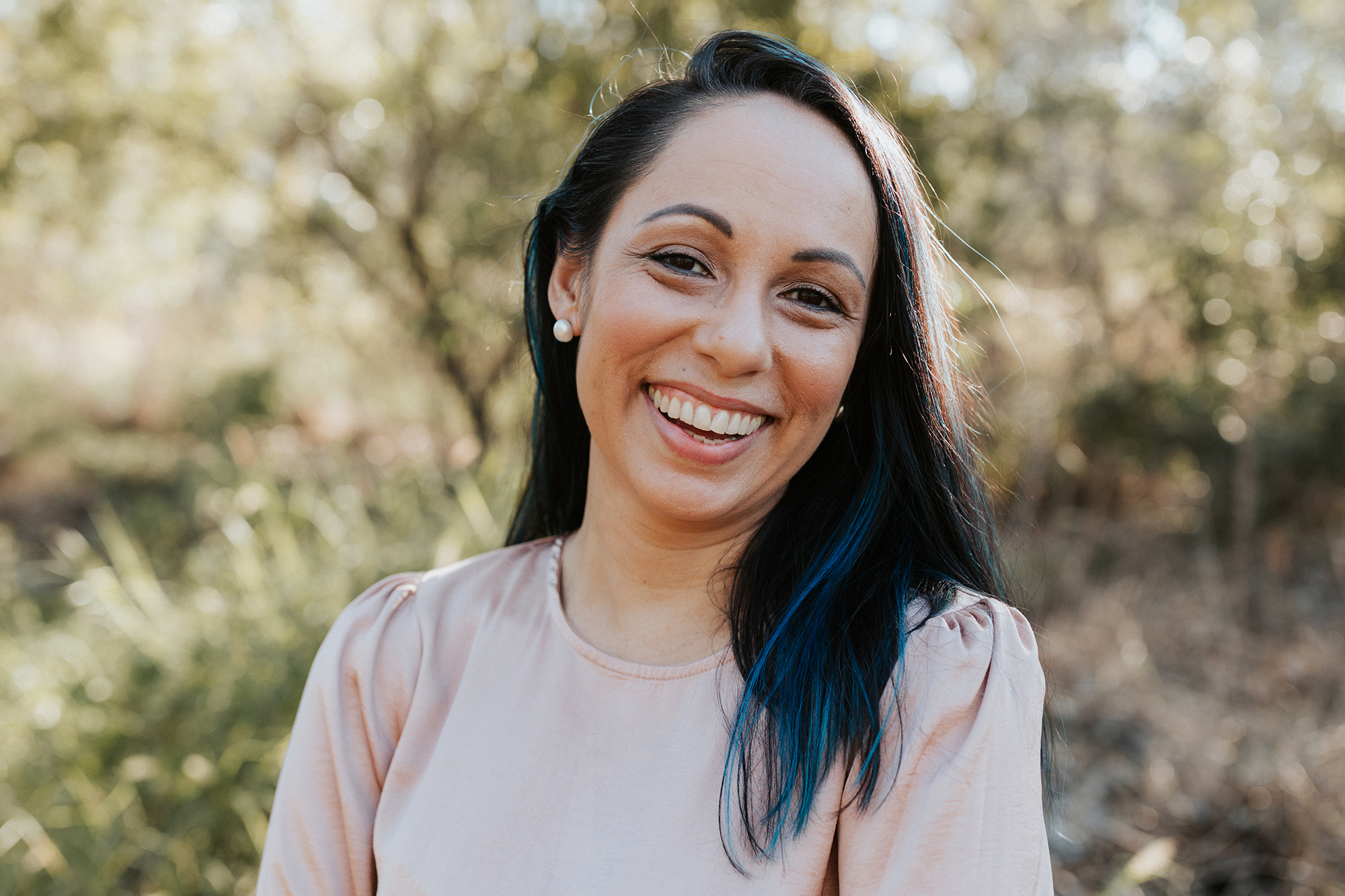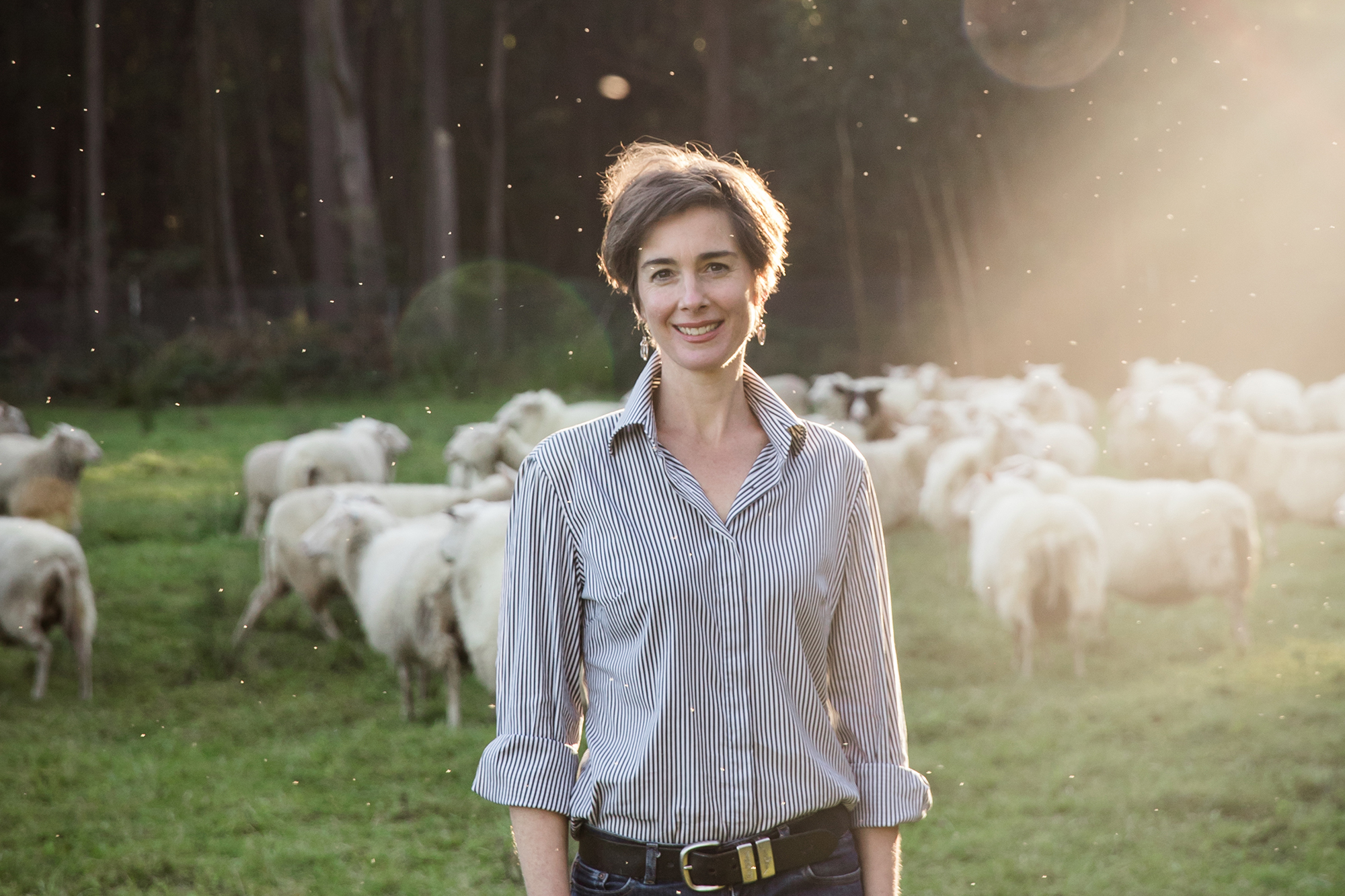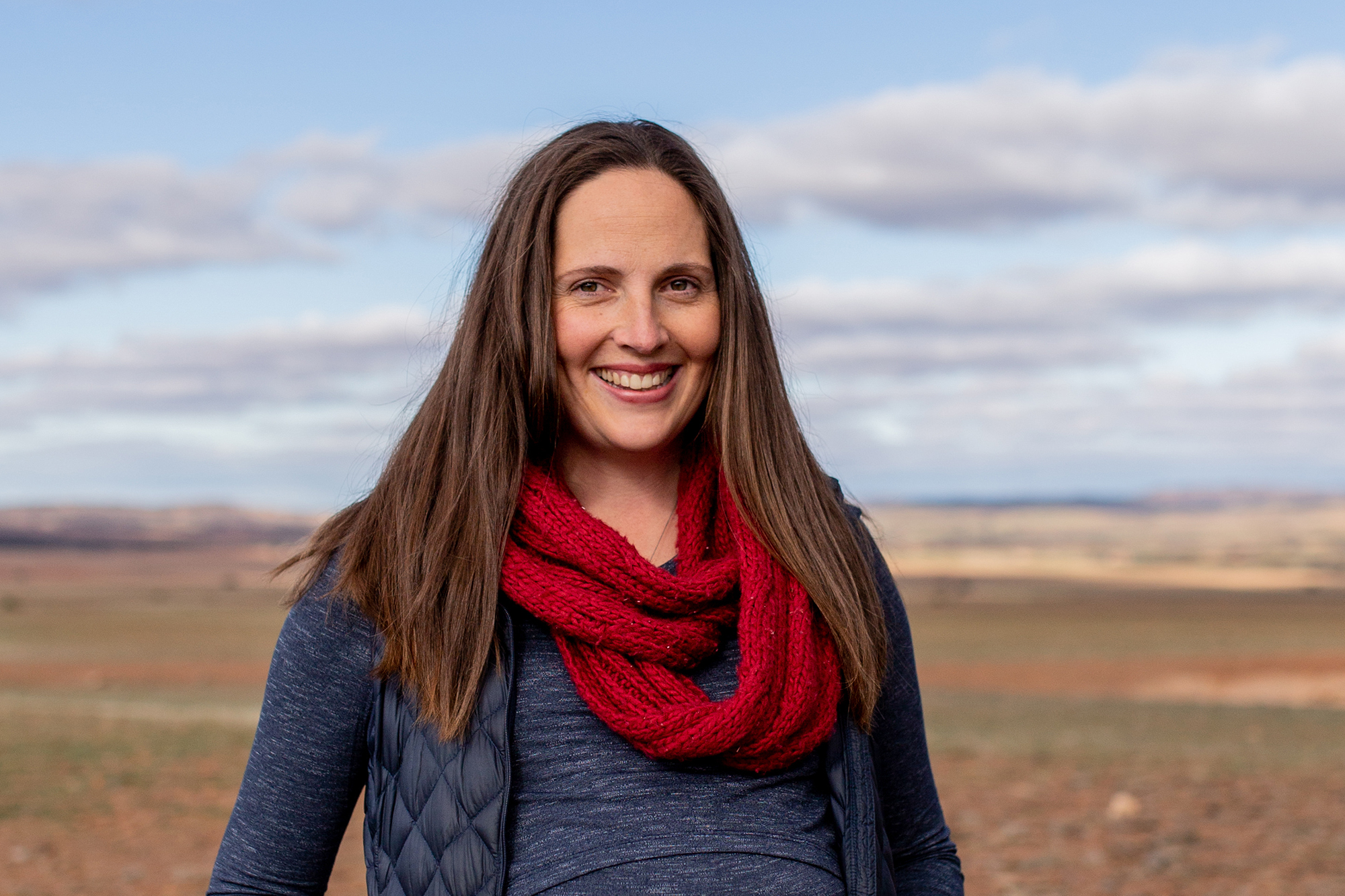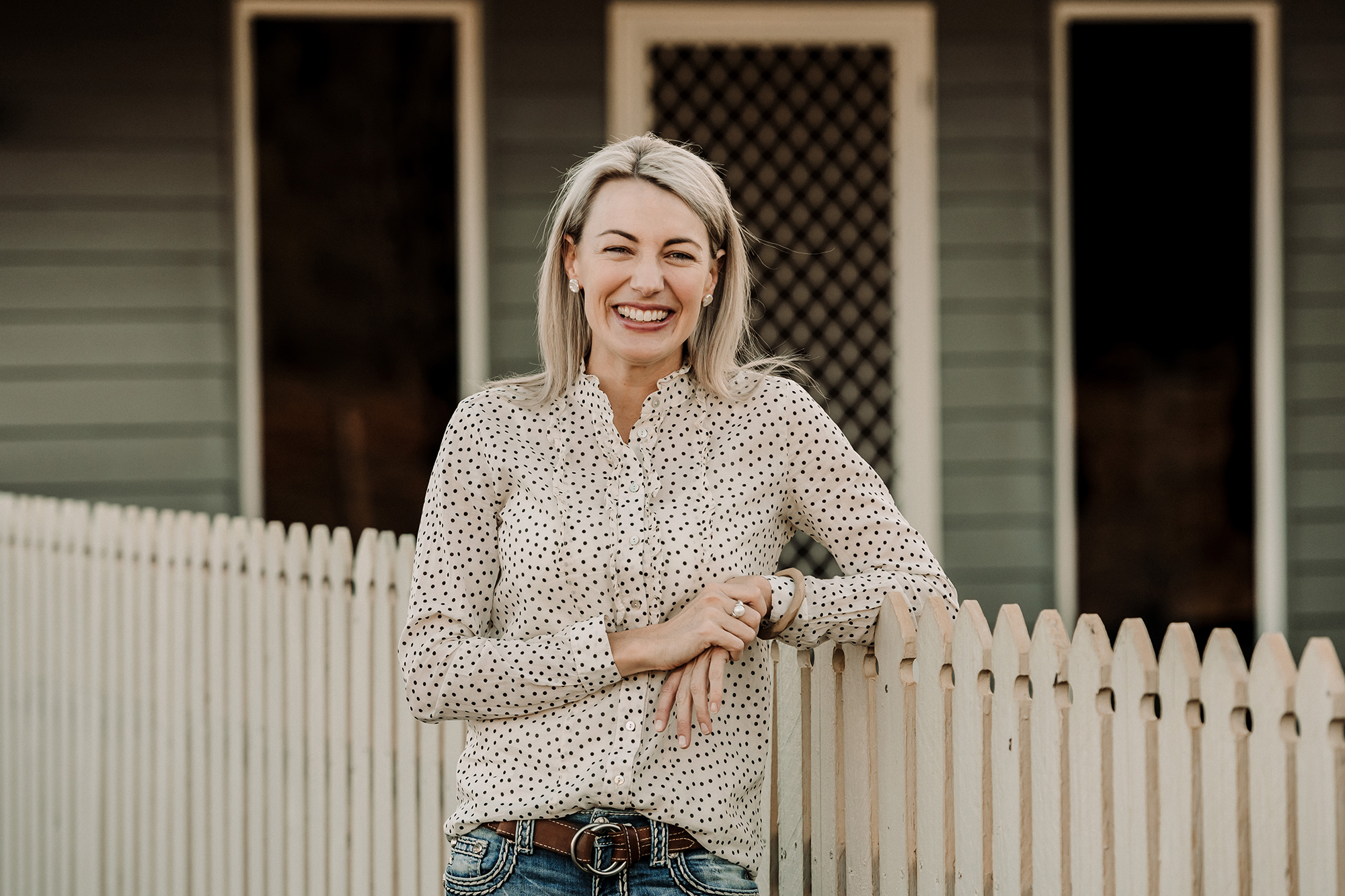Dismayed that small-scale producers are exposed to the winds of commodity markets and oligopolistic market structures. Cressida believes some businesses will need to re-think their dependence on the mainstream dairy market and explore alternative pathways. Through Dairy Cocoon, Cressida wants to see family farms take control of their own production system, including marketing and branding, allowing them to become “price-setters” rather than “price takers”
Currently in its development phase, Dairy Cocoon is being guided by direct feedback from farmers with fewer than 200 milking cows. Once completed, the digital platform will be the first of its kind in Australia offering it’s members a curated source of business tools, mentors, information resources, educational guides and an online community hub to help facilitate industry-wide networking and support. By centralising these features, Cressida hopes to assist farmers in their journey to develop, launch and sell their own branded cheese, ice-cream, yoghurt or milk products.
As a founding member of the Kiama Farmers Market, Cressida was inspired to help family-owned dairy farms within her community and now seeks to make a difference more widely. With her partner Michael, Cressida own’s the extraordinarily successful Pecora Dairy located in Robertson, NSW and now hopes to give back to the industry in which she has found so much passion and fulfilment.
Pecora Dairy continues to grow and has consistently been recognised for its excellence and its industry leadership. The first in the country licensed to make raw milk cheese, Pecora Dairy continues to push boundaries for the industry and was most recently recognised for this work by taking out the National Trophy for the Delicious Produce Awards.
Cressida believes an on-going presence of small, independent dairy brands will ultimately lift the profile of the sector, especially as consumer consciousness shifts to preference for locally made produce. She hopes to use her position as the NSW Agrifutures Rural Women’s Award winner to tell the stories of hard-working dairy families, educate consumers on the benefits of high-quality dairy products and preserve this unique industry for generations of dairy farmers to come.







